10 Signs Your Cat Is Seriously Ill
Everybody loves a furry feline friend, but your pets rely on you to take care of their needs and monitor their health. If you own a cat, it's imperative that you familiarize with potential signs your cat is seriously ill.
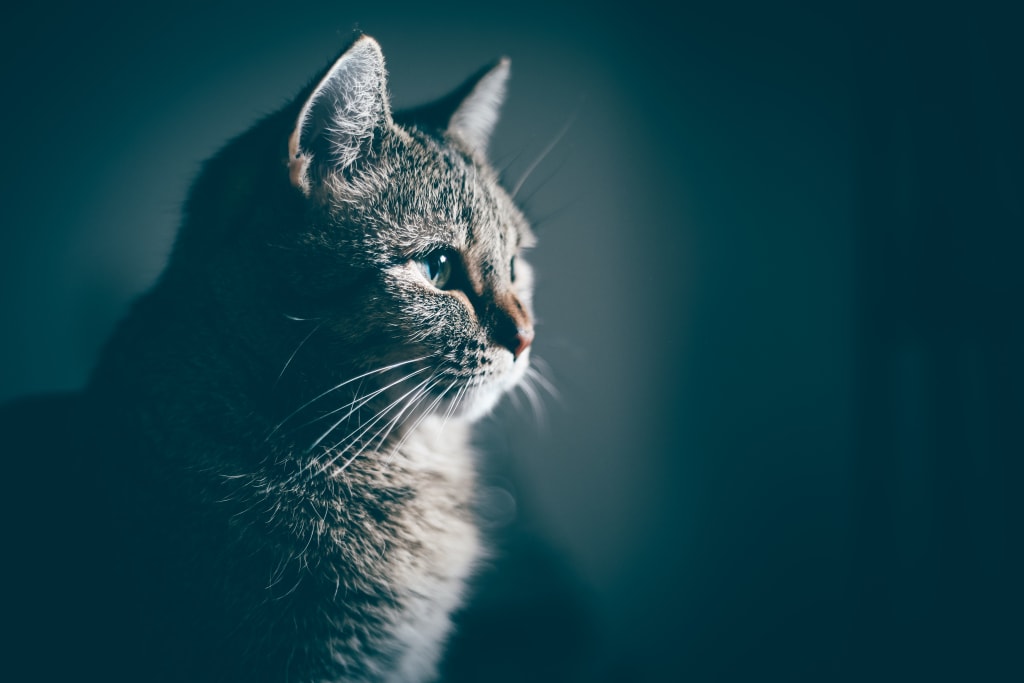
As the owner/parent/servant of two cats, I can assure you that no cat owner wants to hear that their cat is seriously ill. If caught early on, however, many health problems in cats can be treated with relatively little trouble. The trick, of course, is knowing what subtle signs to look for before you take your cats to the vet.
If you have cats, especially an older cat, their health should be an utmost concern of yours. In addition to basic preventive care; like providing clean litter, fresh water, and good quality food; there are several behavioral signs you should be aware of in order to help you catch potential health issues before they get out of hand.
Vomiting
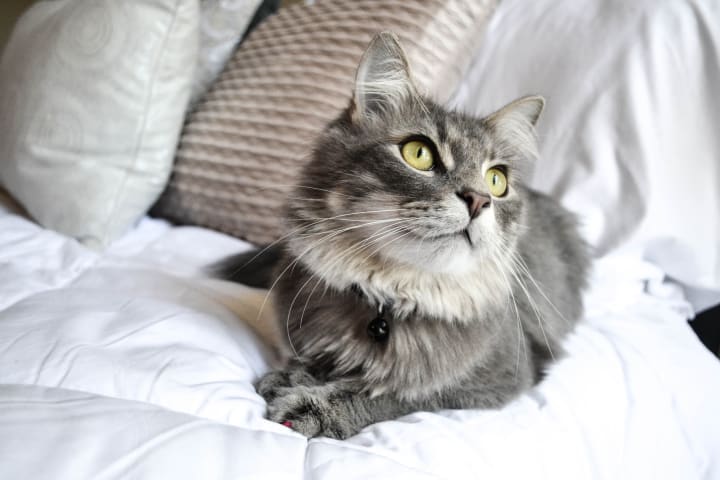
Photo by Kristin Lopez on Unsplash
Hopefully it's not a surprise to you that vomiting isn't a good thing. Cats may vomit for any number of reasons. Every once in a while, for example, one of my cats (his name is Alvy) gets a little too excited about breakfast, and will eat so fast that his little tummy can't handle it. He'll vomit up most of his breakfast shortly after. This is its own issue, but if your cat does this on occasion, it's probably not a sign of a serious health problem. If your cat is vomiting every couple of days, however, that is definitely not okay, and you should take them to the vet even if you aren't sure how serious the issue is. Remember, veterinarians are not trying to steal your money.
Longhaired cats are especially prone to coughing up hairballs, but this isn't usually a cause for concern in the same way as regular vomiting. If your cat suffers from hairballs, however, you may want to look into a special hairball-reducing diet.
Diarrhea
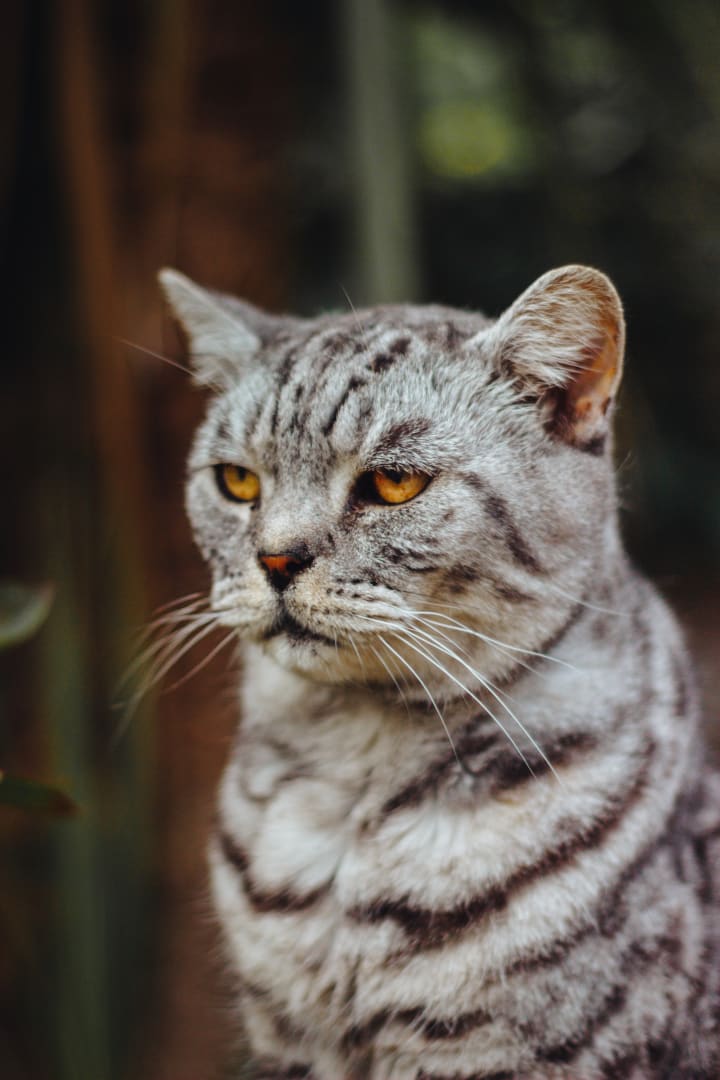
Photo by Callum Wale on Unsplash
First vomiting, now diarrhea: Illness is rarely pretty. Diarrhea is as serious of an issue for cats as it is for humans. It can be caused by any number of issues including intestinal parasites or diet issues. It can also cause additional issues like dehydration and inflammation, so it's important to treat with haste. Increased thirst is one subtle sign that your cat is suffering from diarrhea, but the real evidence will be in the litter box. This is why it is important for cat owners to check and clean their litter boxes often, because the sooner you can catch an issue like this, the better.
Loss of Appetite
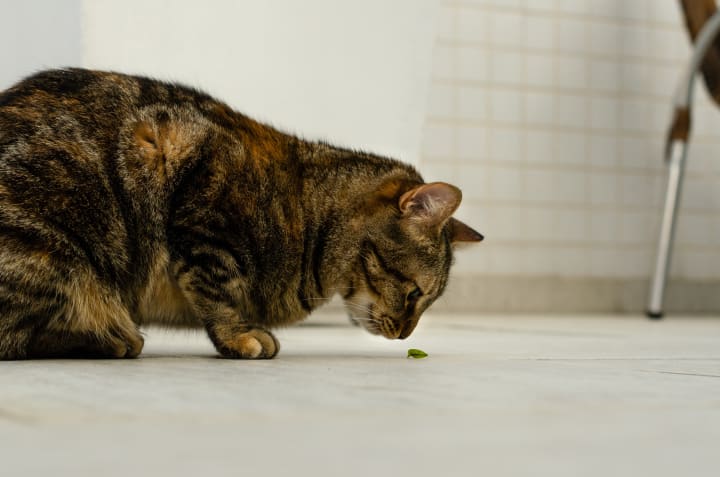
Photo by Luisy Guimarães on Unsplash
Loss of appetite is a tricky symptom to monitor, as it could be nothing or it could be an early sign your cat is seriously ill. If your cat skips the occasional meal, it isn't necessarily an immediate cause for concern, but you'll want to keep a close eye on your cat's eating habits and monitor for trends. It may just be that your cat doesn't like a particular flavor of food. If your cat has a sudden drop in their appetite or stops eating entirely, then it's time for a trip to the vet.
Increase in Appetite

Photo by Janayara Machado on Unsplash
A sharp increase in your cat's appetite can be just as bad as a loss of appetite. If you have an older cat, overeating can be a sign of hypothyroidism, but you should take them to the vet to make sure. In younger cats, it may or may not be a sign of a larger health problem, but if a young cat gets in the habit of eating large amounts, it can put them on a fast road to obesity.
Changes in Urination
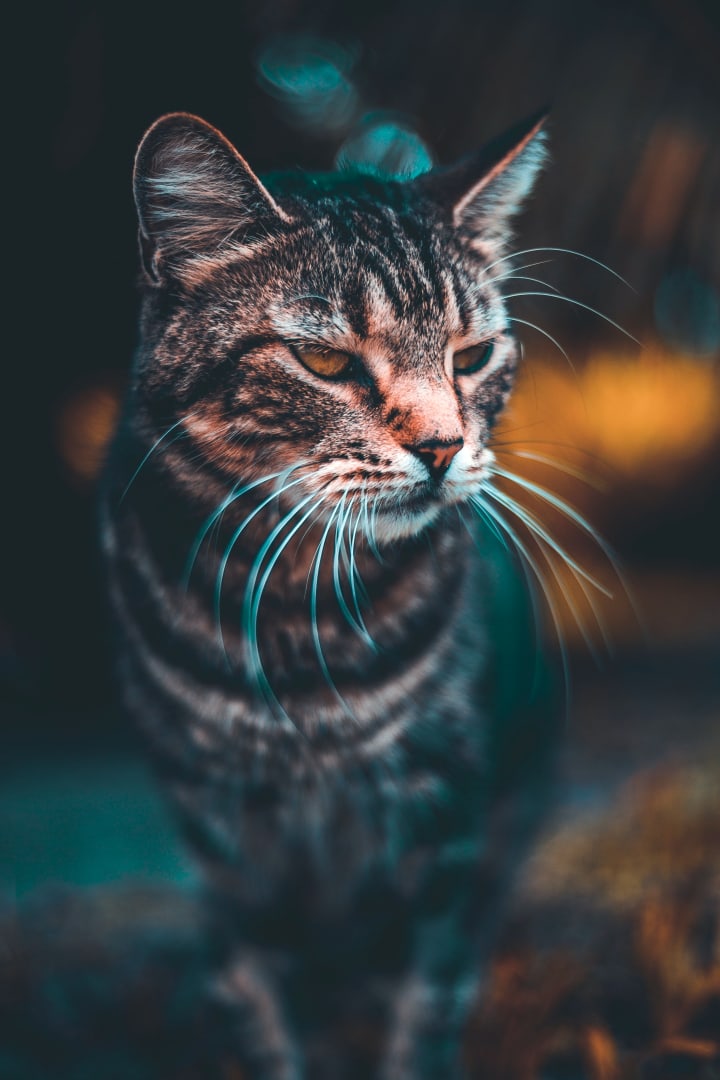
Photo by Alex Perez on Unsplash
Monitoring your cat's urination habits is one of the most important ways to catch potential health issues before they get out of hand. Bladder and urinary tract issues are common in cats, as are kidney problems like kidney disease. Changes in frequency of urination or quantity of urine are strong warning signs. You may also find traces of blood in your cat's urine, and they may be urinating (or trying to urinate) outside of the litter box. Sure, this could be a sign your furry friend doesn't like the new organic cat litter brands your hipster friend told you to try, but these are all symptoms that warrant a visit to the vet's office. If you see your cat attempting to urinate but nothing is coming out, this requires emergency attention from your vet.
Changes in Breathing
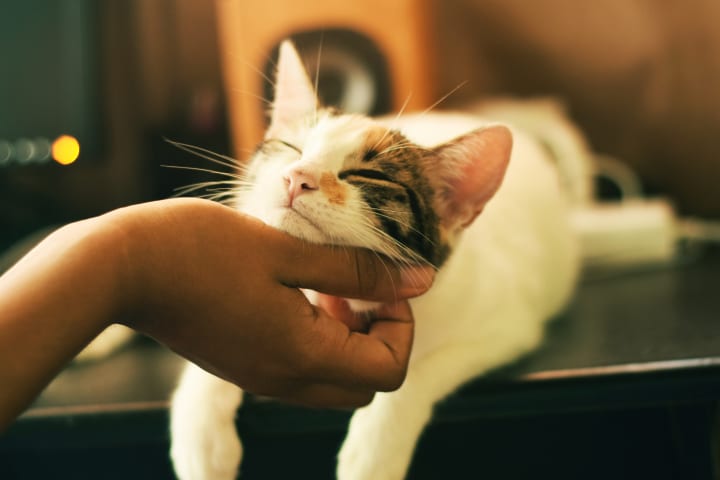
Photo by Yerlin Matu on Unsplash
Hopefully it's obvious that wheezing and struggling to breathe is not normal cat behavior. Cats can get colds just like humans, and this is usually a minor illness that your furry friend will get over in a matter of days. Rapid breathing and shortness of breath, however, can be a sign your cat is seriously ill. If your cat is struggling to breathe, you may want to take them to an emergency vet. If the changes in breathing are relatively mild, make an appointment to see your vet as soon as possible.
Discharge from Eyes or Nose
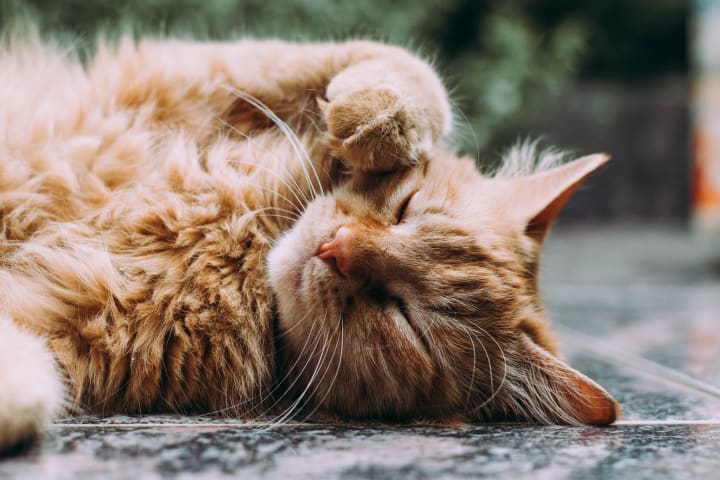
Photo by Ludemeula Fernandes on Unsplash
If you notice unusual discharge in your cat's eyes or nose, it is likely due to an upper respiratory infection or a similar issue. This isn't usually a life-threatening illness, but it will certainly make your cat feel uncomfortable and can affect their appetite. Various medications can speed up the recovery process. Upper respiratory infections are often contagious, so if you have multiple cats, there's a chance they'll end up sharing the illness if you don't (cat)nip in the bud.
Halitosis
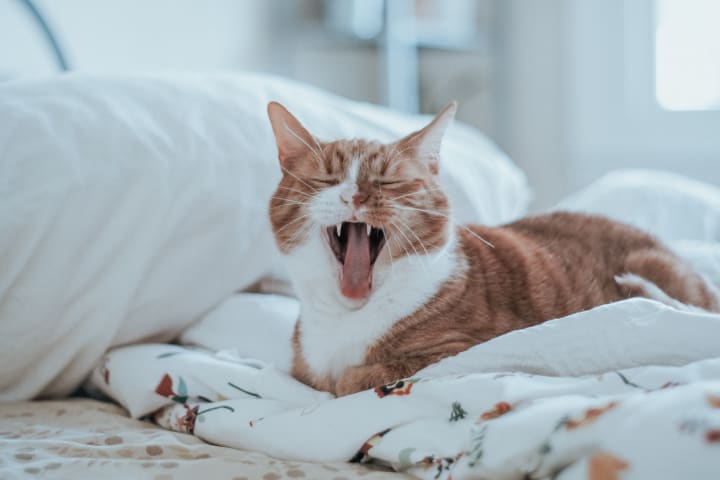
Photo by Timothy Meinberg on Unsplash
Most of us don't expect our cats to be minty fresh every day, but there's a point at which normal cat breath becomes noticeably bad breath. Oral hygiene is too often overlooked in cats, and mildly bad breath is a sign that you should have a vet check and clean your cat's teeth soon. In addition to bad breath, more serious symptoms like excessive drooling or even bleeding from the mouth likely mean your cat is suffering from an oral infection that must be treated as soon as possible.
Ear Debris
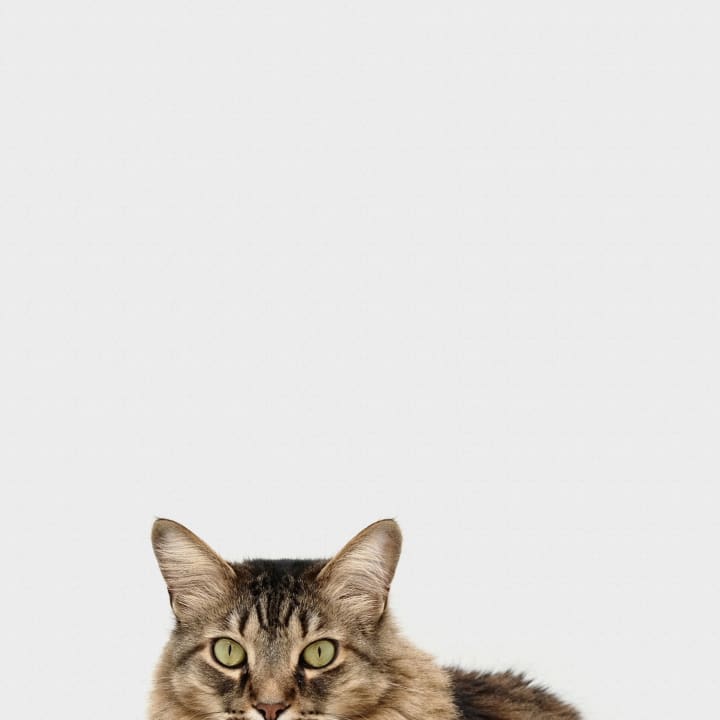
Photo by Charlie Deets on Unsplash
Debris in the ears is another common, if not particularly serious, ailment that affects most cats at some point in their life. If your cat has particularly dirty or "gunky" ears, it may be a sign of an ear infection which must be treated. It could also mean your cat has ear mites, which are highly contagious and very uncomfortable for your cat (ear mites are about as annoying as lice are for humans). If left untreated, these issues can reach your cat's eardrums, causing more serious damage.
Weight Changes
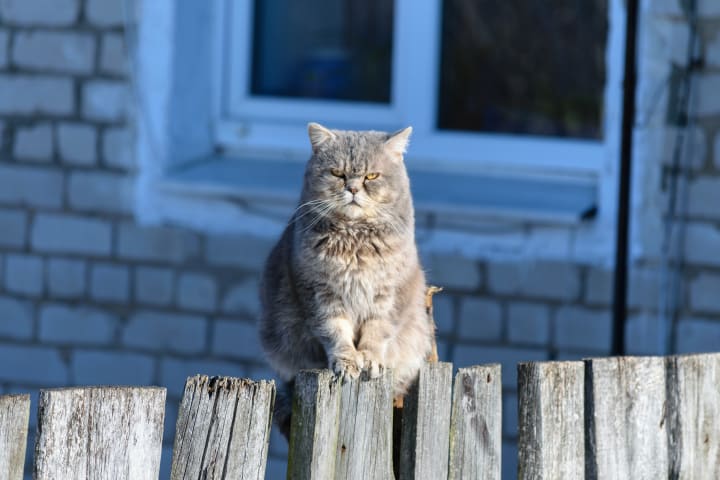
Photo by Dmitry Ulitin on Unsplash
Rapid weight loss or weight gain, whether or not this is related to a change in eating habits, is never a good thing. Your vet should check your cat's weight as part of their routine check-up, but you should also visually monitor your cat to look for signs of rapid weight loss or gain. Weight gain is usually more of a long term issue leading to obesity, but sudden weight loss can be a sign your cat is seriously ill, and a sign you should get your cat to the vet ASAP.
About the Creator
Joseph D. N. Kendrick
Writer of words. Haver of cats. joeykendrick.com






Comments
There are no comments for this story
Be the first to respond and start the conversation.